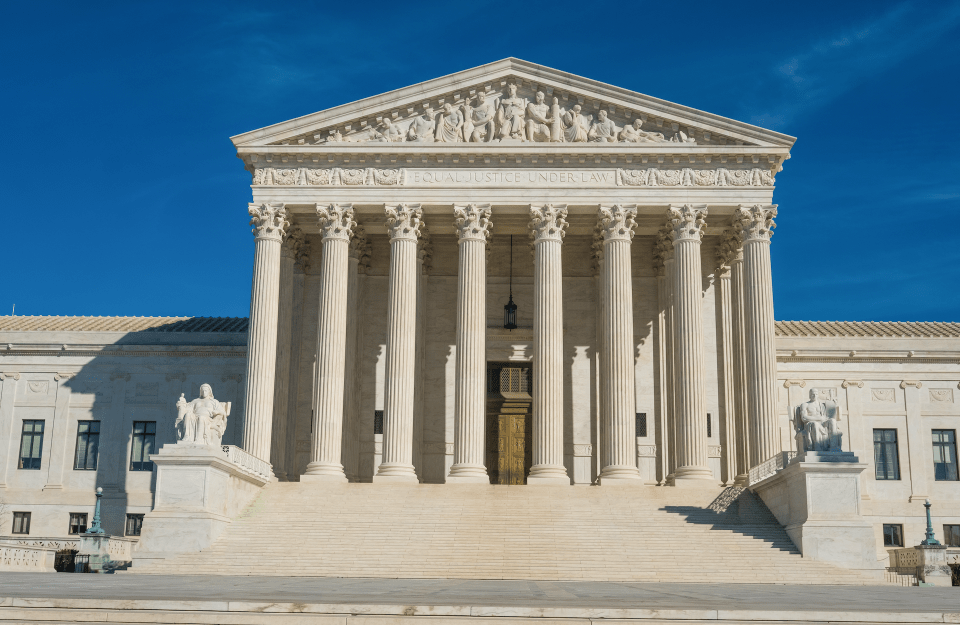New Survey Shows Majority of Americans Believe at Least One Supreme Court Justice Should be Investigated for Ethical Lapses
Research from the the Polarization Research Lab finds that Americans overwhelmingly agree that the U.S. Supreme Court should not have more power.

Amid growing concerns about Supreme Court power and ethics, Americans overwhelmingly agree it should not have more power than it already wields.
A new study from the Annenberg School for Communication at the University of Pennsylvania — "The Path to the 2024 Presidential Election: SCOTUS" — shows that a majority of Americans (61%) believe that at least one Supreme Court justice should be investigated for ethical lapses.
It is the latest in the Path to 2024 Presidential Election Series from the Polarization Research Lab, which is directed by Yphtach Lelkes, Ph.D., Associate Professor of Communication at Annenberg, Sean Westwood, Ph.D., Associate Professor of Government at Dartmouth College, and Shanto Iyengar, Ph.D., Professor of Political Science and Communication at Stanford University

“Democrats and Republicans are severely polarized on sentiments surrounding the Supreme Court, with Democrats expressing far more concern about Supreme Court power and ethics,” explains Lelkes. “We also explored gender gaps, given the Supreme Court’s recent decisions on abortion, and find sizable gaps between men and women, particularly among political independents.”
The study, which surveyed 3,000 Americans between May 31 and June 20, 2024, on their attitudes towards the Supreme Court, found that while Americans are divided on whether Congress should limit the Supreme Court’s power, almost half of the Americans surveyed (49.7%) support term limits for Supreme Court justices. Further, while the majority of Americans believe at least one justice should be investigated by ethical lapses, they are not in agreement about which justice, and in fact, the justices they believe should be investigated differ by which political party with which they affiliate.
“Americans, as a whole, agree on some of the most important issues on the table regarding Supreme Court reform – including term limits and ensuring it doesn’t become more powerful than it already is,” says Westwood. “However, there are substantive gaps among party lines, as well as gender gaps between men and women. Across parties, women are more likely to worry about the Supreme Court’s power and ethics. This is particularly true among female political independents versus male political independents.”
The survey results are part of the Path to 2024 report series, which is a monthly chronicle from the Polarization Research Lab covering partisan attitudes of Americans in the lead-up to the November 2024 presidential election. Each month, it focuses on a different salient issue affecting voters and analyzes public attitudes from its weekly opinion poll. The focus of the July 2024 report is the Supreme Court, with the survey conducted online and weighted to be representative of the American population. Past reports have included survey data on culture wars; corporate political action; support for partisan violence; attitudes on immigration; and artificial intelligence, misinformation, and democracy.
The Polarization Research Lab studies the political attitudes of Americans and the behavior of elected officials. Its goals are to dispel rumors and share hard data on the democratic attitude of citizens; identify the behavior of elected officials that contributes to toxic polarization; and produce publicly available reports and tools to help stakeholders advance responses to toxic polarization that are based on data and evidence.
Read “The Path to the 2024 Presidential Election: SCOTUS” here.



